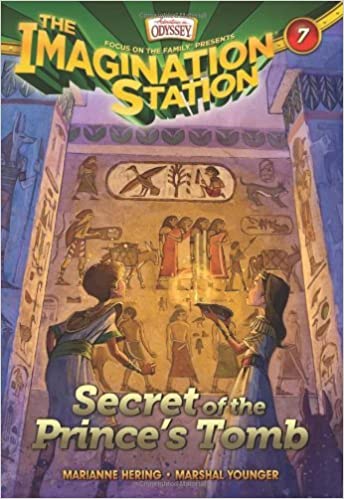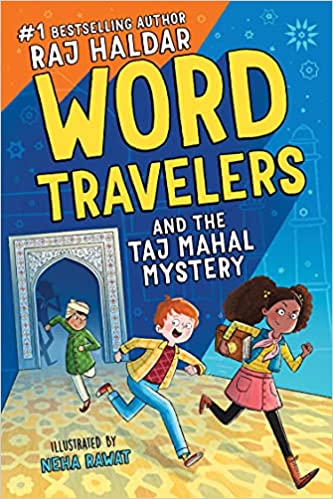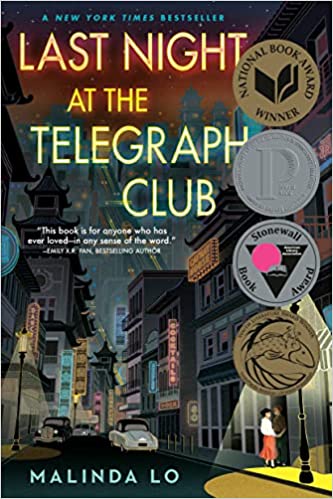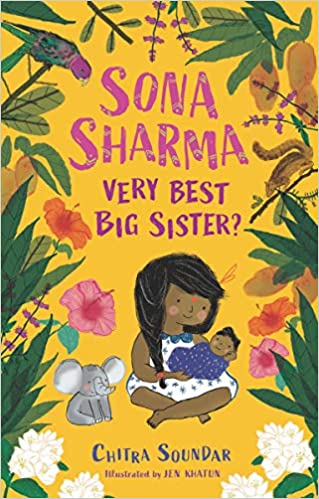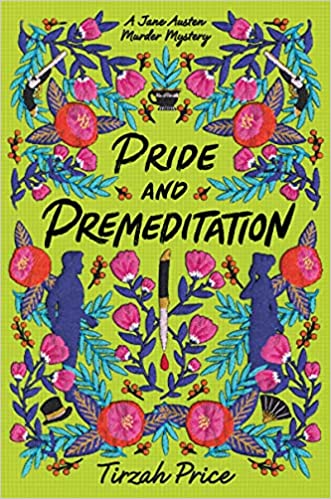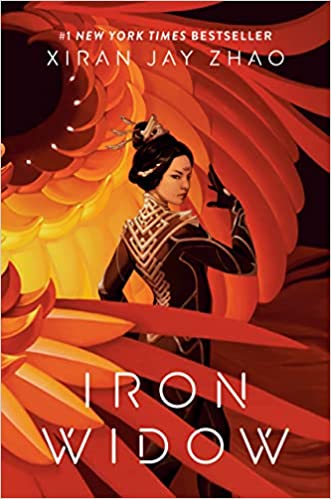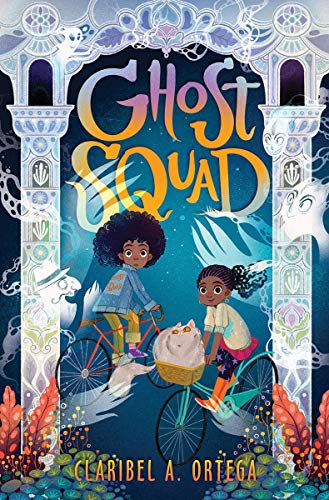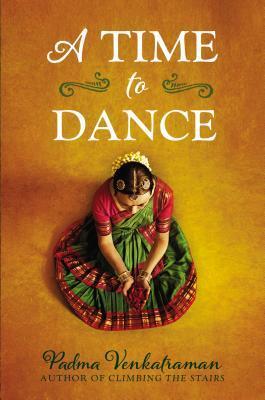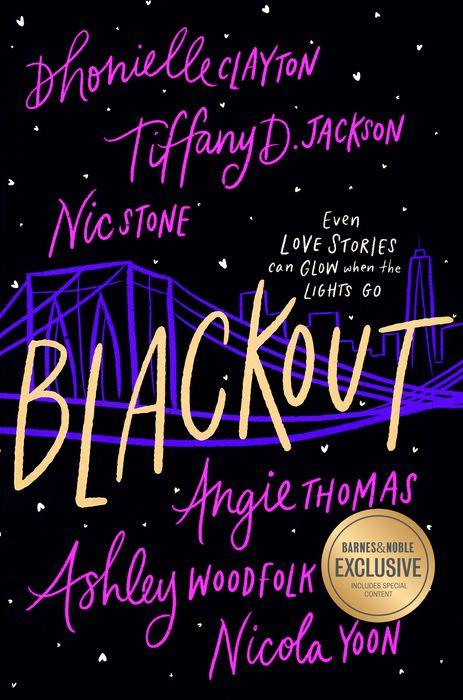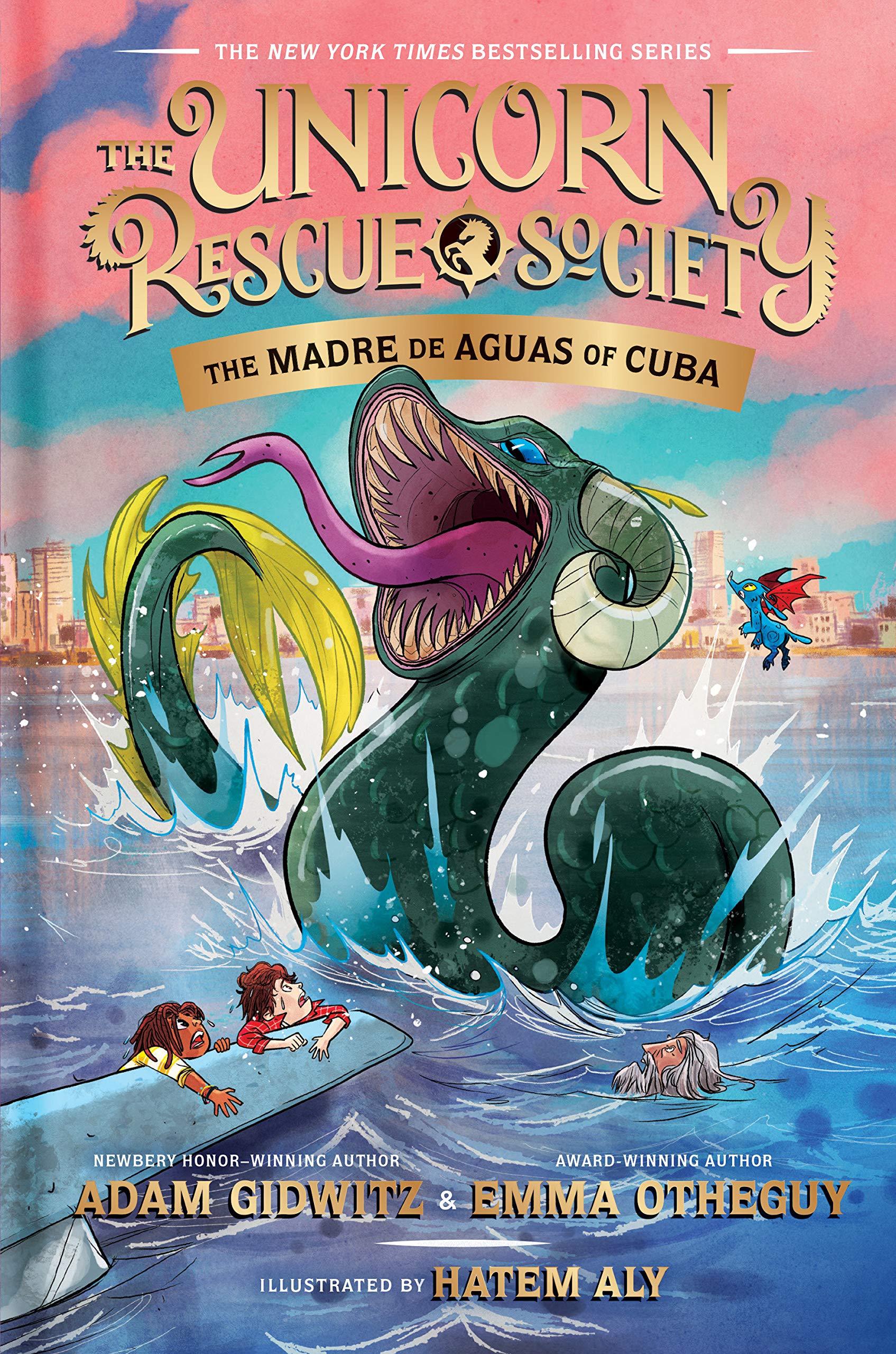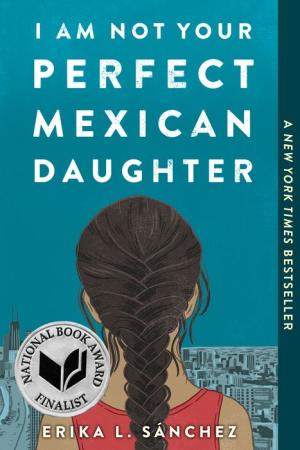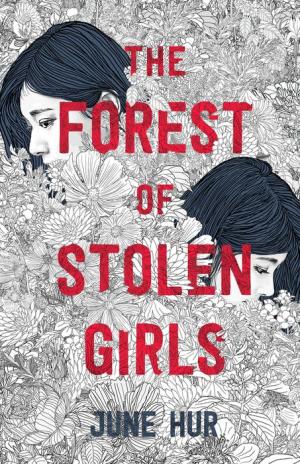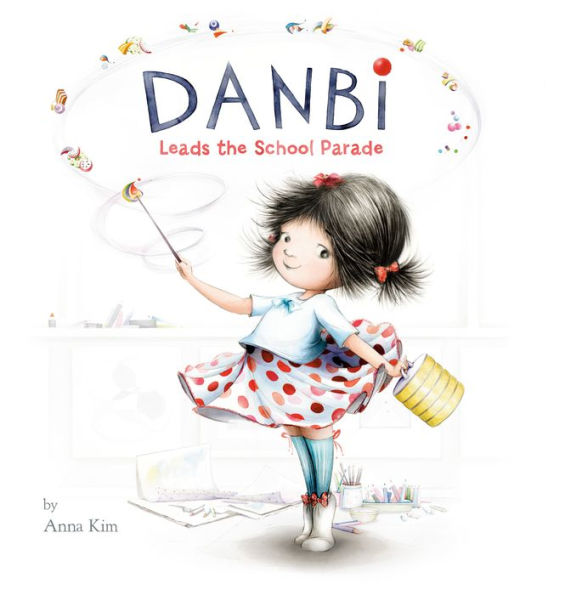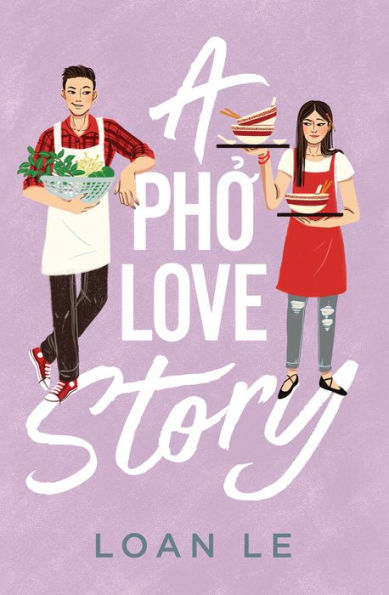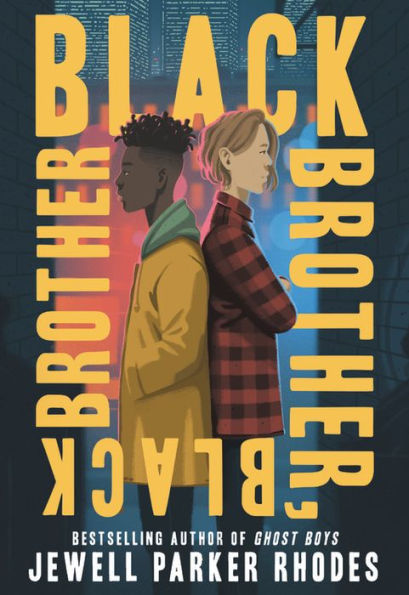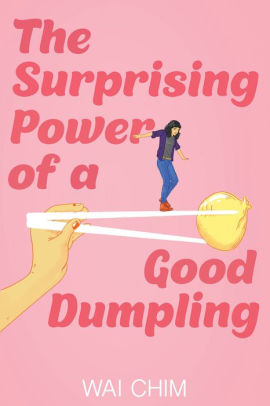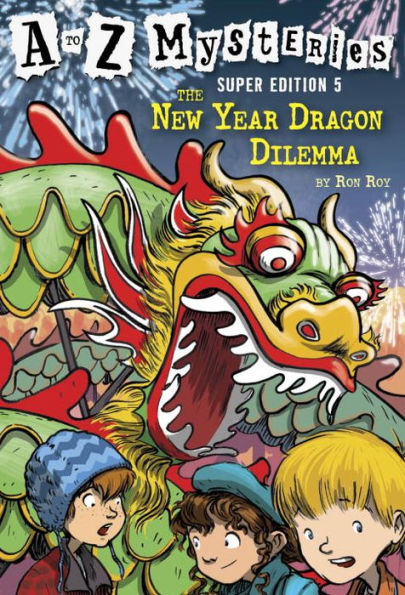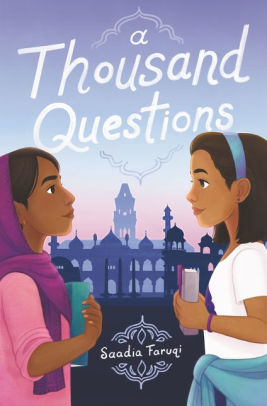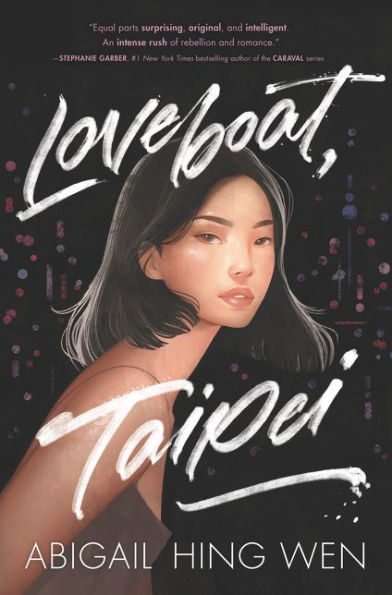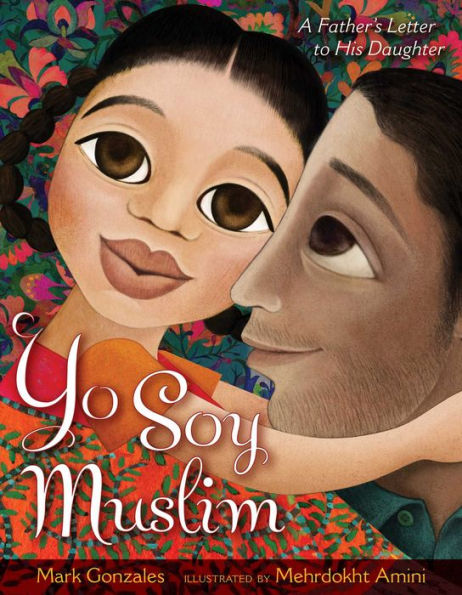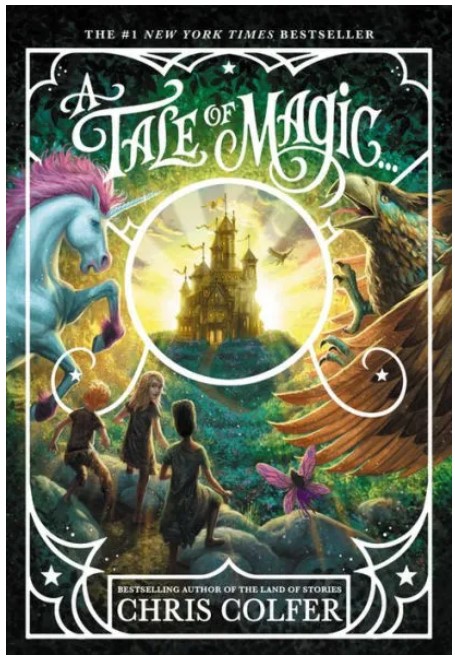The hot sun and sand of ancient Egypt await Patrick and Beth in their next Imagination Station adventure. The cousins are caught between a terrible ruler and a nation bound for slavery. To help their new friend Tabitha, the cousins must seek out a great secret—one that will give hope to her family and future generations. Their search takes them to an ancient burial vault and . . . a mummy! But the vault is a confusing maze, filled with traps and mysterious symbols. Will the cousins ever get out again to share a life-changing hope?
Secret of the Prince’s Tomb introduces readers to the time period after Joseph saved the Hebrews from famine. Patrick and Beth “met the Hebrews when everything was about to go all wrong. They were about to spend a long time in slavery. But God still wanted them to keep their hope in him.” Despite the harsh treatment that Hebrews faced, the cousins remind the Hebrews that “even though things are hard now, God is looking out for his people.”
When Patrick and Beth go back in time, they witness the Egyptian’s harsh treatment of the Hebrew slaves. While the treatment is cruel, the descriptions are not graphic. However, some readers will still be upset by the Egyptian’s treatment of the Hebrew people. Unlike many stories, Secret of the Prince’s Tomb does not have a hopeful conclusion. Instead, the Hebrews will remain in slavery for a long time. Despite this, there is hope because God is still caring for his people.
The story uses easy vocabulary; however, some readers may have difficulty understanding the complicated plot and how all the pieces fit together. While readers may not understand some of the story’s connections, they will still be entertained by the suspenseful story. Most of the suspense is built by Patrick and Beth running from trouble. However, each time they go into a new situation, they learn more about the time period. They also go inside a pyramid, which adds interest to the story. To help readers understand the time period, black and white illustrations appear every five to fifteen pages.
Readers interested in history, especially biblical history, will find Secret of the Prince’s Tomb an entertaining book that reinforces biblical principles. While Patrick and Beth are not well-developed characters, the story connects the cousins’ everyday problems to the difficulties of the Hebrew people. Through their experiences, the cousins learn that “God wants me to have hope in Him, not in what happens to me.” Readers interested in learning more about Egypt can jump into the past by reading Escape from Egypt by Wendy Mass.
Sexual Content
- None
Violence
- The Hebrew people are being discriminated against and forced into slavery. A Hebrew errand boy was “lashed” with a “long, thin rope.” Afterward, the boy “could barely stand.”
- While working in the heat, one slave “doubled over and fell to his knees.” When the man is too weak to work, an Egyptian guard “hit the man in the back with the staff.”
- Patrick and Beth try to help their friend Tabitha escape slavery. After being caught, Patrick and Beth are arrested. An Egyptian “grabbed a rope from inside the cart. He tied the cousins’ wrists together.” Then, the Egyptian tied them to a cart and took them to a prison cell. The pharaoh’s son, Lateef, later releases them.
Drugs and Alcohol
- None
Language
- None
Supernatural
- The Imagination Station takes Patrick and Beth back in time. While going back in time, “The clothes you’re wearing will change. They will look right for the time. And you’ll have a few other things you’ll need.”
- The Egyptians believed that “whoever opens a tomb will be cursed.”
Spiritual Content
- Patrick and Beth are Christians who “believed in only one God.”
- The Egyptians believe in “hundreds of gods,” including the god of the sun and the goddess of the Nile. The pharaoh’s son, Lateef, and others believe that the gods are angry with them, which is the reason they have not had enough rain. Lateef explains, “If the people bring enough sacrifices, the gods will be happy. Then, if the gods choose, they will raise the waters. . . They might send rain.”
- Lateef believes that there are “many things” that make the gods unhappy and that “only one thing pleases them: sacrifices.”
- Tabitha’s family are Christians. When Patrick and Beth were taken to prison, Tabitha worried about them. When she sees that they are saved, Tabitha says, “God be praised. My family has been praying for you.”
- Patrick and Beth sneak into a tomb. When an Egyptian guard chases them, Patrick and Beth blow out their lamp. Then, Beth “said a small prayer asking God to help Patrick’s memory” so they could get out of the pyramid.
- While looking at Joseph’s tomb, Beth and Patrick discuss the biblical story. Beth says that Joseph’s “m
